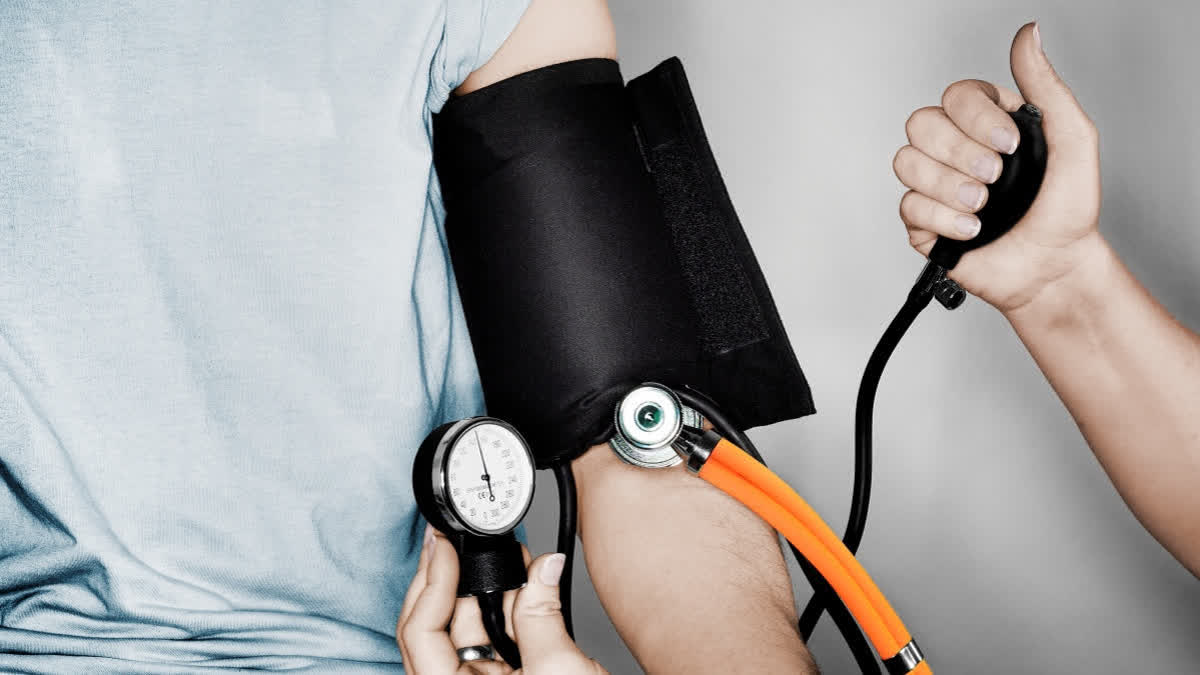High blood pressure, or hypertension, is one of the leading causes of heart disease worldwide. Doctors call it the “silent killer” because it usually shows no clear symptoms, yet it slowly damages vital organs like the brain, heart, and kidneys.
Dr. Sashidhar Reddy Gutha, Consultant General Physician and Diabetologist at Yashoda Hospitals, Hyderabad, explains:
“Testing and monitoring are the only ways to detect high blood pressure. If left untreated, it can lead to heart attack, stroke, kidney failure, and even reduce life expectancy by 10 to 20 years.”
According to him, today’s stressful work culture, dependence on processed food high in sodium, and sedentary lifestyles are driving cases of hypertension even among young people.
Possible Warning Signs
Although often unnoticed, some symptoms may include:
-
Severe headaches or sudden dizziness
-
Blurred vision
-
Chest pain or palpitations
-
Shortness of breath
-
Nausea and vomiting
-
Neck pain
Doctors advise that anyone experiencing these symptoms should check their blood pressure immediately.
Lifestyle Habits That Help Control Hypertension

While medication may be needed in some cases, Dr. Reddy stresses that early lifestyle changes can make a big difference:
-
Cut back on salt – High sodium intake makes the body retain fluid, which raises blood pressure. Limiting processed foods is key.
-
Maintain a healthy weight – Obesity, especially excess fat around the waist, raises the risk of hypertension and conditions like sleep apnea.
-
Exercise regularly – At least 30 minutes of walking, cycling, swimming, or other moderate activity daily can help keep blood pressure at safer levels.
By adopting these simple steps early, individuals can delay or even avoid the need for long-term medication—and protect themselves from the dangerous effects of the “silent killer.”








